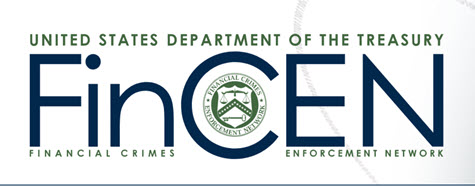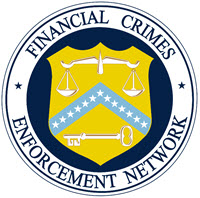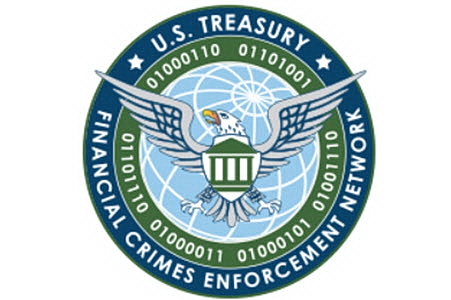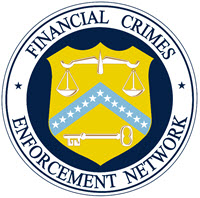The Real Estate Roundtable and three other national real estate organizations on May 5 submitted detailed comments to the Treasury Department’s Financial Crimes Enforcement Network (FinCEN) on the development of a new federal registry that will contain beneficial ownership information.
Corporate Transparency Act
- The Roundtable, the National MultiFamily Housing Council (NMHC), National Apartment Association (NAA) and National Association of Home Builders (NAHB) submitted the comments in response to FinCEN’s effort to gather public input on the reporting, maintenance and disclosure of beneficial ownership information.
- FinCEN solicited comments on a wide range of questions related to its implementation of the Corporate Transparency Act (CTA) – enacted on January 1, 2021 – that effectively bans the registration of anonymously owned shell companies in the United States. (JD Supra, April 26 and Lexology, April 28)
- The CTA amended the Bank Secrecy Act to require corporations, limited liability companies, and similar entities to report certain information about their beneficial owners (the individual natural persons who ultimately own or control the companies).
- FinCEN is required to develop a confidential, secure, and non-public database to maintain the reported beneficial ownership information. This new reporting requirement aims to enhance the national security of the United States by making it more difficult for malign actors to exploit opaque legal structures to launder money, finance terrorism, proliferate weapons of mass destruction, traffic humans and drugs, and commit serious tax fraud and other crimes that harm the American people.
Real Estate Industry Concerns
- The real estate coalition’s extensive comments emphasize, “The scope of the CTA is far reaching and will impact many commercial and residential real estate businesses who are frequent users of the LLC structure for conducting business. If not implemented with a clear set of rules and regulations, the CTA could result in an outcome of confusion, missteps, and ultimately fines on law-abiding businesses.”
- The coalition’s comments detail “concerns and recommendations for establishing regulations to implement reporting requirements – as well as provisions regarding FinCEN’s maintenance and disclosure of reported information effectively and fairly.”
- The coalition document addresses several specific implementation issues, including how small companies targeted by the CTA will face compliance burdens. The time-consuming and challenging process of gathering required information on all beneficial owners of a reporting company that may have been created years ago is also addressed.
Congressional Intent
- Reps. Patrick McHenry (R-NC), ranking member of the House Financial Services Committee, and Blaine Luetkemeyer (R-MO), ranking member of the Consumer Protection and Financial Institutions Subcommittee, sent a letter on April 7 to Treasury Secretary Janet Yellen on the development of the new beneficial ownership reporting regime.
- The McHenry-Luetkemeyer letter urged Secretary Yellen to adhere to the CTA’s congressional intent by ensuring “the new reporting paradigm is focused on fighting bad actors such as human traffickers, money launderers, and State actors such as China.” The letter also emphasized that FinCEN implement the statute as intended, with a particular focus on minimizing burdens on small businesses while retaining confidentiality, unless disclosure is authorized.
FinCEN is mandated to issue regulations on the new registry for beneficial ownership information by January 1, 2022 – and specify a subsequent effective date.
# # #





